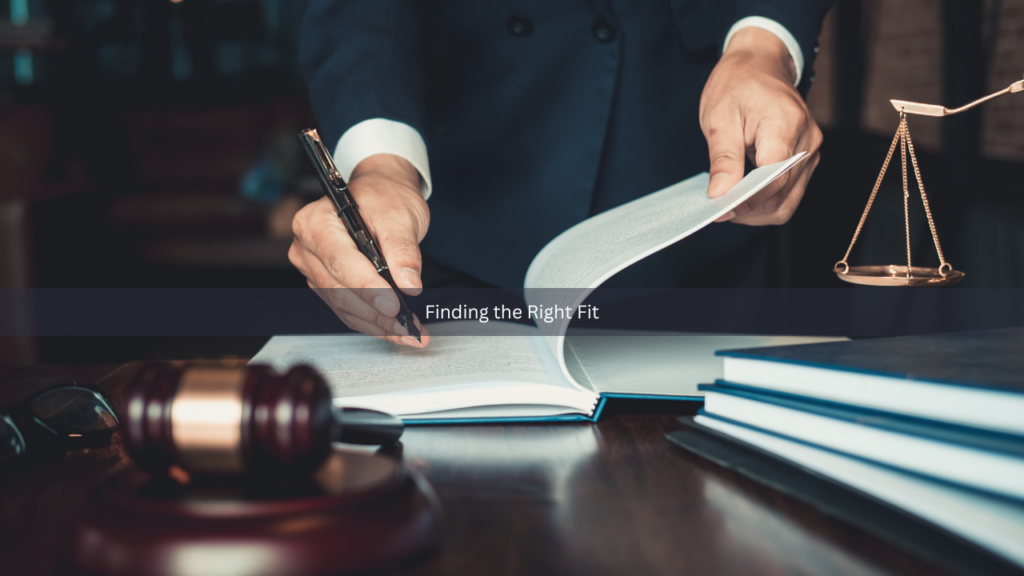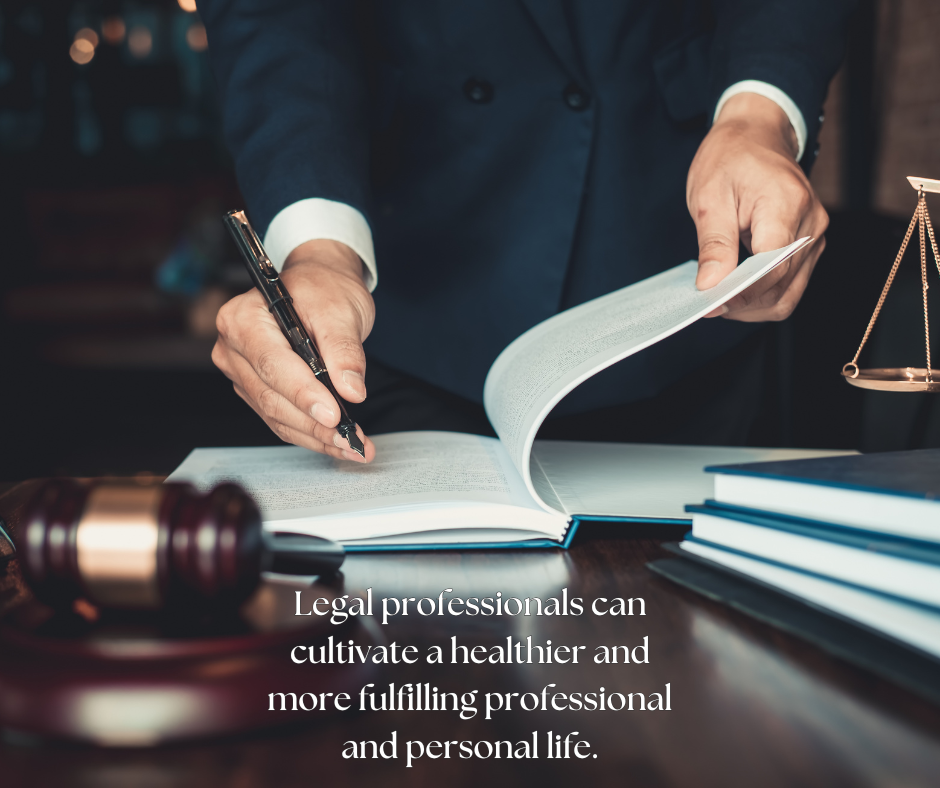
Attorneys operate in one of the most high-pressure professions, often dealing with demanding clients, tight deadlines, and intense courtroom battles. The stress and emotional toll of legal work can lead to unhealthy coping mechanisms, including substance abuse. Unfortunately, the stigma surrounding addiction in the legal field often prevents attorneys from seeking help. This is why personalized rehab programs are essential—they address the unique needs of legal professionals and provide tailored treatment that fosters lasting recovery.
Why Attorneys Face Higher Risks of Addiction
The nature of the legal profession makes attorneys particularly vulnerable to substance abuse. Common contributing factors include:
- Chronic Stress and Burnout – Attorneys work long hours under immense pressure, leading many to seek relief through alcohol or drugs.
- High-Performance Expectations – The competitive nature of the legal industry leaves little room for vulnerability, making it difficult for attorneys to admit they need help.
- Mental Health Challenges – Anxiety, depression, and insomnia are common among lawyers, and many turn to substances as a way to cope.
- Workplace Culture – Social drinking is often embedded in networking events and firm gatherings, making it harder to maintain sobriety.
Given these challenges, a generic rehab program may not be effective in addressing the complex issues attorneys face. Instead, personalized rehab programs offer tailored solutions that improve the chances of long-term recovery.
Benefits of Personalized Rehab for Attorneys
- Confidentiality and DiscretionAttorneys are often concerned about how entering rehab might affect their careers. A personalized rehab program prioritizes confidentiality, offering private treatment options that protect an attorney’s professional reputation. Executive rehab centers and discreet outpatient programs ensure privacy while providing effective care.
- Tailored Therapy and Treatment PlansPersonalized rehab considers the unique stressors attorneys face. Treatment plans may include:
- Cognitive-Behavioral Therapy (CBT) to help attorneys manage stress and develop healthier coping mechanisms.
- Legal-Specific Support Groups where attorneys can connect with peers who understand the profession’s challenges.
- Career Counseling to help lawyers reintegrate into their professional lives post-treatment.
- Flexible Treatment OptionsMany attorneys cannot afford to take extended time away from their practice. Personalized rehab programs offer flexible treatment options, such as:
- Outpatient Rehab that allows attorneys to continue working while receiving treatment.
- Telehealth Counseling for those who prefer virtual therapy sessions.
- Weekend and Evening Sessions to accommodate demanding schedules.
- Addressing Co-Occurring DisordersMany attorneys suffer from co-occurring mental health conditions, such as anxiety or depression. A personalized rehab program integrates mental health treatment alongside addiction recovery, ensuring a holistic approach that treats both issues simultaneously.
- Ongoing Aftercare and SupportRecovery does not end when rehab is completed. Attorneys benefit from continued support through:
- Alumni Programs that connect them with professionals who have gone through similar experiences.
- Relapse Prevention Strategies that help them navigate workplace stress while maintaining sobriety.
- Professional Mentorship to guide them in rebuilding their careers post-rehab.
Conclusion
Attorneys facing addiction need more than a standard rehab program—they need personalized treatment that considers the unique pressures of their profession. Tailored rehab programs provide confidentiality, flexibility, and targeted support, increasing the likelihood of long-term success. By seeking a rehab program designed for legal professionals, attorneys can regain control of their lives, rebuild their careers, and maintain lasting sobriety.








